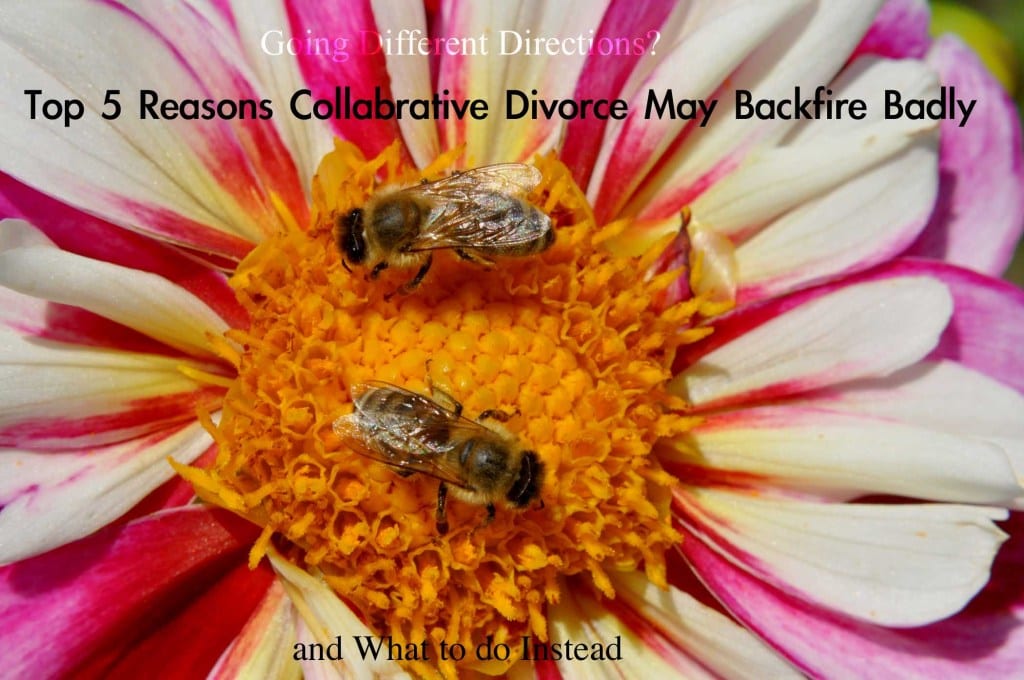 What is Collaborative Law?
What is Collaborative Law?
Before we get into the list, it is helpful to summarize briefly what collaborative law is. Essentially, when a couple going through a divorce or other family law dispute decides to use the process of “Collaborative Law”, they sign a contract with their respective attorneys saying that their attorneys are forbidden from representing them in court. The idea is that the parties are agreeing to resolve their dispute through mediation and negotiations, and agree that they will not seek a judge’s intervention in any dispute.
It Sounds Great, but Collaborative Divorce May Backfire
Parties should be wary about signing off on a collaborative divorce without thinking through the full implications of this decision. The purpose of this list is to illustrate some of the ways where collaborative law can go very, very badly and why it may not be the magic bullet to solve your problems that it first seems. Although here at Brasier Law we do like working with the other party to negotiate a settlement peacefully and amicably, we do not believe that locking the lawyers and parties into a contract that does not allow for going to court is the best way to achieve this.
In the coming weeks we will discuss the top five reasons collaborative divorce may backfire badly and actually create a worse situation.
- Collaborative divorce can be significantly MORE expensive than normal litigation.
- Collaborative divorce can make the process of your divorce last significantly longer.
- Collaborative divorce can result in people behaving less reasonably.
- Collaborative divorce can be more stressful than standard litigation techniques.
- You can accomplish the same thing by carefully choosing your own attorney.
Collaborative law aims to create a situation where the attorneys and the clients are focused on avoiding court by using other methods available to come to a negotiated settlement both parties are willing to agree to. Although some people find the prospect of negotiated settlement through the collaborative law process to be appealing, this process backfires for many people who attempt it, often with very problematic consequences.


